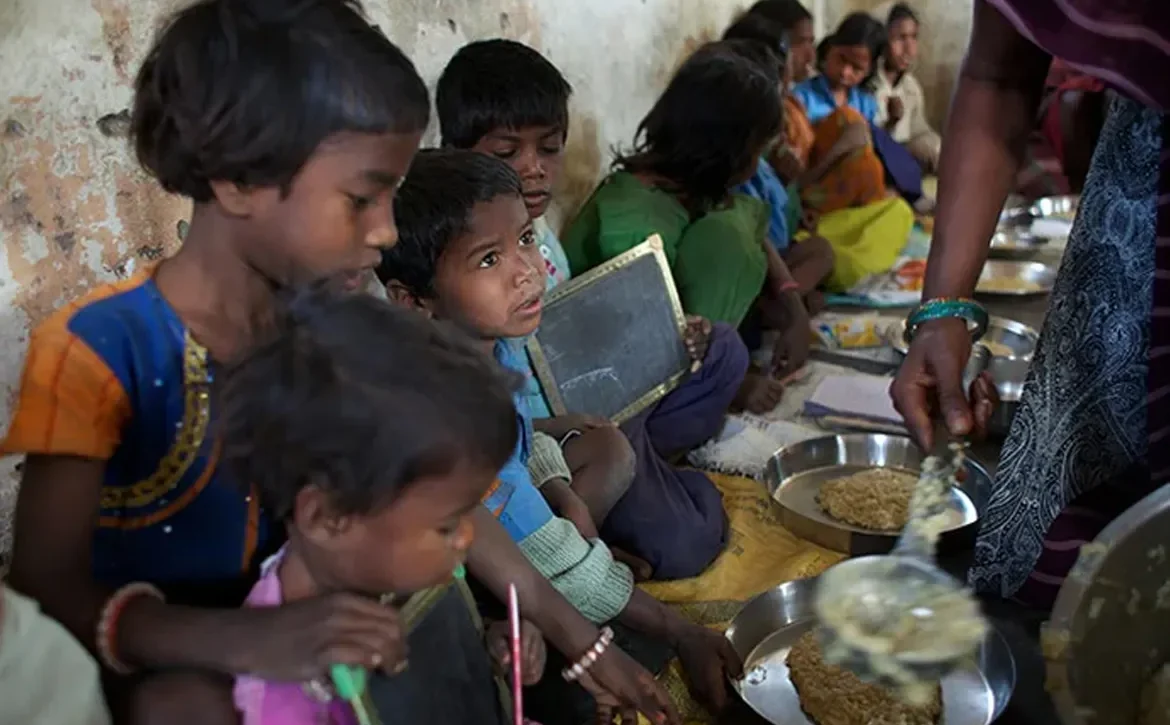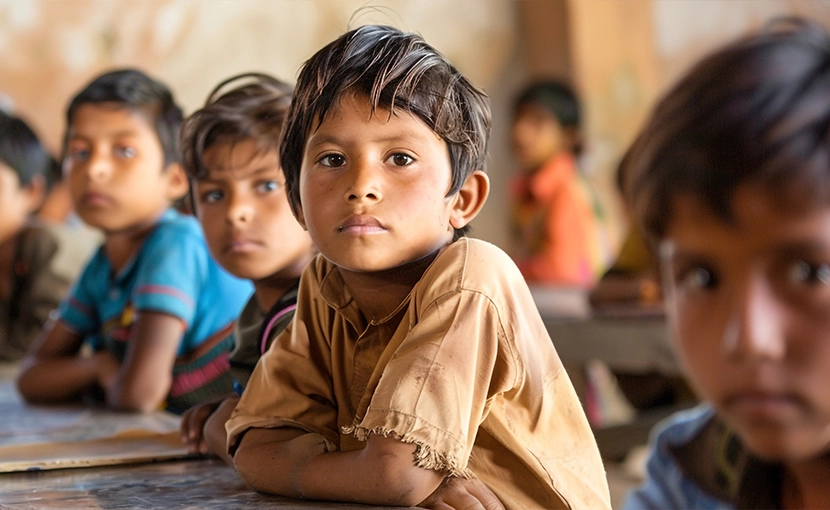
In every classroom, behind every child’s smile and spark of curiosity, lies a basic human need nutrition. Before a child can grasp lessons in math or language, their stomachs must be full, and their bodies nourished. Hunger is not just a health issue; it’s an education barrier. Around the world, millions of children arrive at school on empty stomachs, struggling to focus, participate, and learn.
A child’s brain develops rapidly during early childhood. Proper nutrition during this period supports cognitive functions, memory, attention span, and emotional regulation. Malnutrition, on the other hand, can impair these abilities, leading to poor academic performance and even long-term developmental issues.



Midday Meals and School-Based Nutrition Programs
One of the most effective strategies to fight hunger in education is the implementation of school meal programs. These initiatives provide children with at least one nutritious meal per day, improving attendance and encouraging enrollment especially among children from economically disadvantaged families. In India, for example, the Midday Meal Scheme has been a game-changer, feeding over 100 million children and significantly boosting school attendance and learning outcomes.

A child cannot focus on learning when their stomach is empty. Feeding the body is the first step to feeding the mind.
– Anonymous
Solving childhood hunger requires more than temporary aid it demands long-term commitment from governments, communities, and individuals. By supporting food security initiatives, local meal programs, and child-focused nutrition drives, we can make a real difference. Education is the most powerful tool to change the world but only when it reaches well-fed minds and healthy bodies. Let us fight hunger, not just with food, but with compassion, awareness, and action. Because every child deserves the chance to learn on a full stomach.









